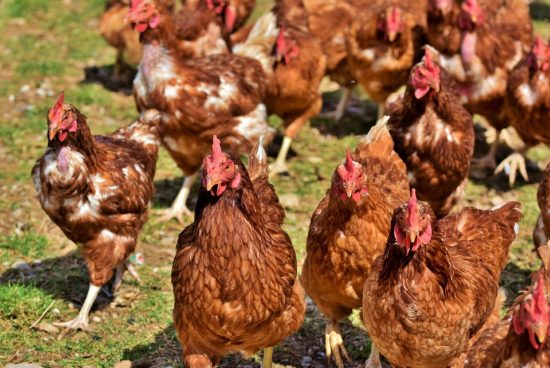Genetic relatedness of multidrug resistant Escherichia coli isolated from humans, chickens and poultry environments
Inappropriate use of antimicrobial agents in animal production has led to the development of antimicrobial resistance (AMR) in foodborne pathogens. Transmission of AMR foodborne pathogens from reservoirs, particularly chickens to the human population does occur. Recently, we reported that occupational exposure was a risk factor for multidrug-resistant (MDR) Escherichia coli (E. coli) among poultry-workers. Here we determined the prevalence and genetic relatedness among MDR E. coli isolated from poultry-workers, chickens, and poultry environments in Abuja, Nigeria. This study was conducted to address the gaps identified by the Nigerian AMR situation analysis.
MDR E.coli isolates were prevalent amongst poultry-workers, poultry, and the poultry farm/LBM environment. The emergence of MDR E. coli with novel ST in two isolates may be plasmid-mediated. Competent authorities should enforce AMR regulations to ensure prudent use of antimicrobials to limit the risk of transmission along the food chain.
AMR NEWS
Every two weeks in your inbox
Because there should be one newsletter that brings together all One Health news related to antimicrobial resistance: AMR NEWS!





